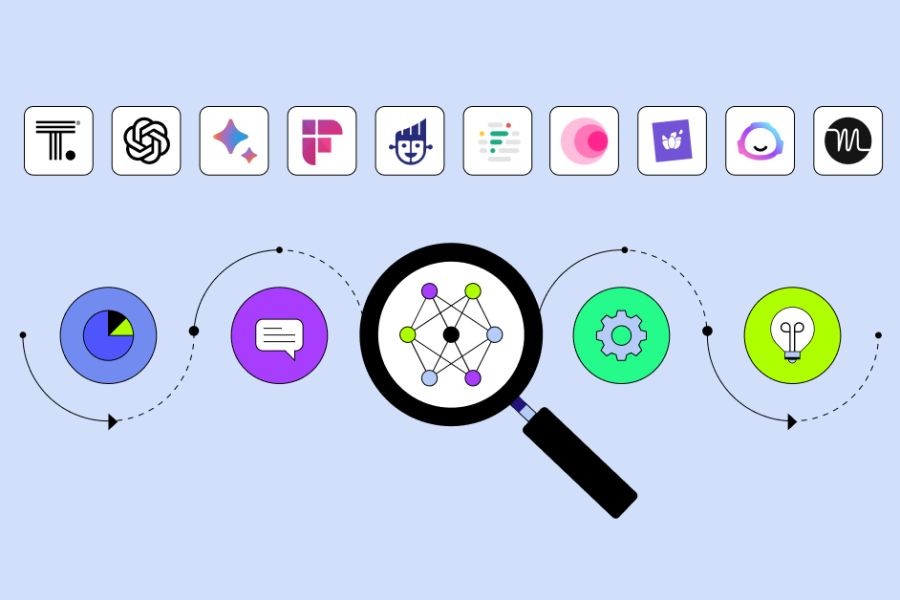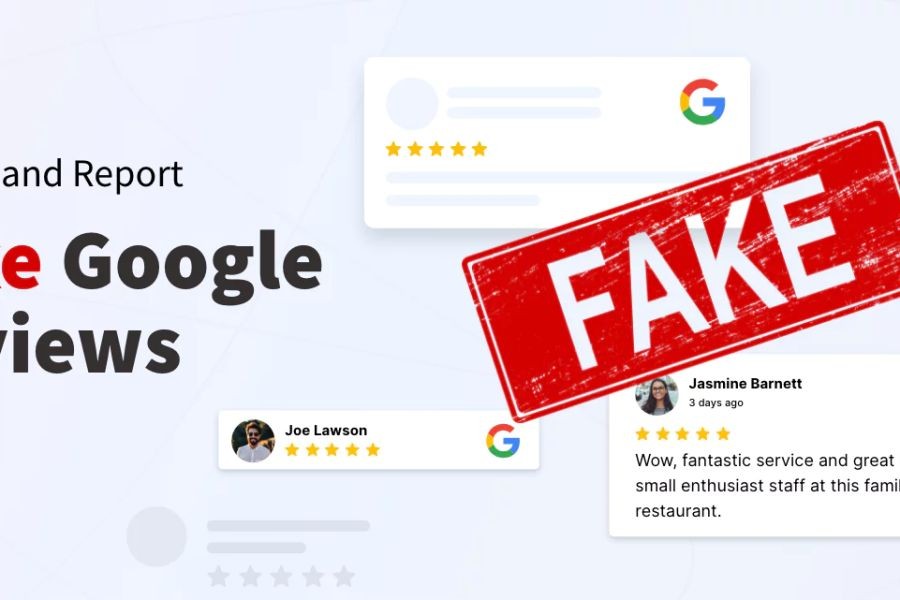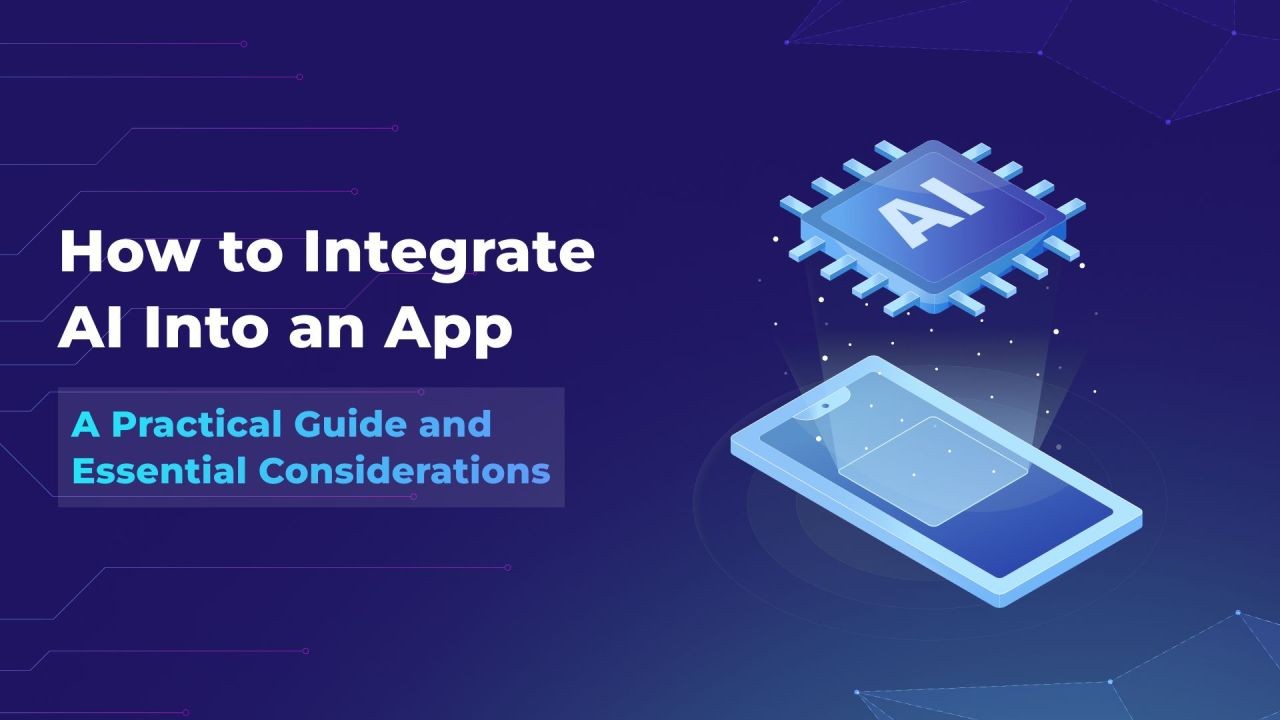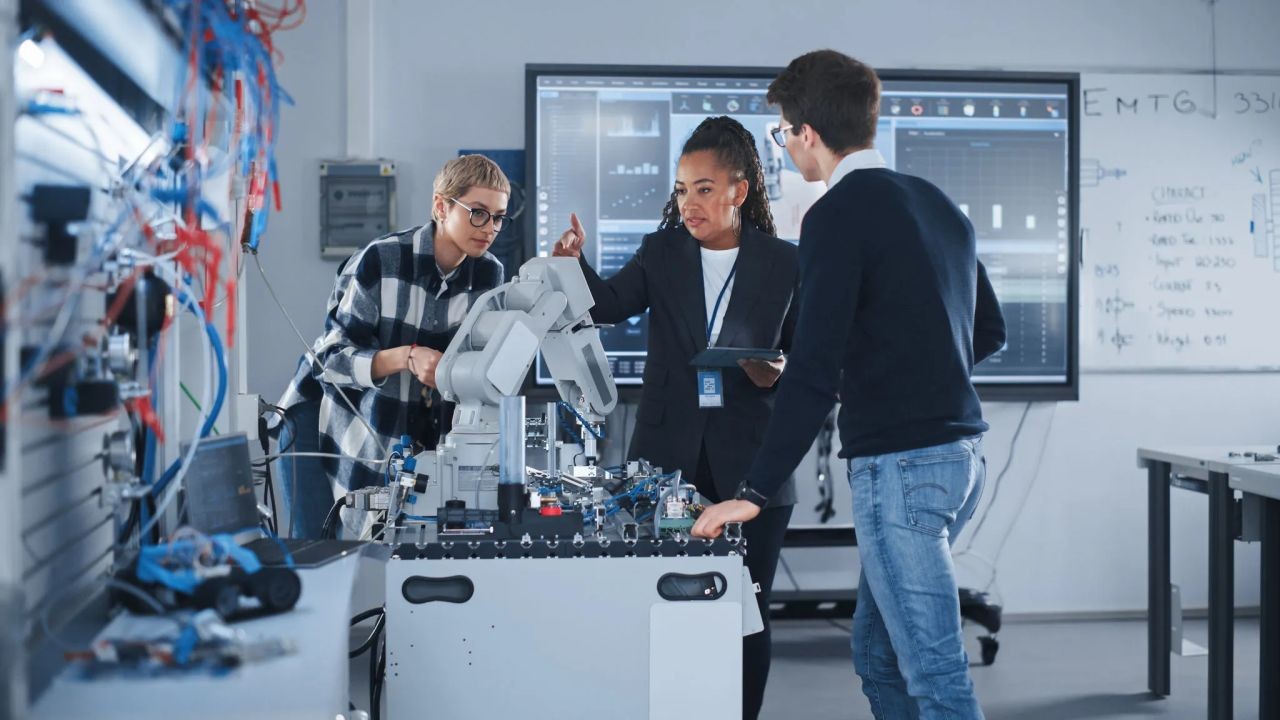In an era where Artificial Intelligence (AI) is becoming ubiquitous, the question arises: is AI the death knell for small businesses in Australia, or could it be their savior? Recent developments suggest that while AI presents significant opportunities for growth, it also poses substantial challenges that could disrupt traditional business models. Understanding these dynamics is crucial for Australian small and medium enterprises (SMEs) as they navigate the evolving economic landscape.
The AI Revolution: A Double-Edged Sword for SMEs
The rise of AI technology presents both opportunities and threats for small businesses. On one hand, AI offers automation, efficiency, and data-driven insights that can help small businesses compete with larger corporations. On the other hand, the cost of implementing AI and the potential for job displacement raise concerns.
Opportunities: Automate to Innovate
AI has the potential to drive efficiency and innovation in small businesses. For example, AI-driven tools can automate repetitive tasks, freeing up time for employees to focus on higher-value activities. A report by the Australian Bureau of Statistics (ABS) highlights that businesses integrating AI see up to a 30% increase in productivity.
Moreover, AI can enhance customer experiences through personalized marketing and improved service delivery. Companies like Canva, an Australian graphic design platform, leverage AI to offer tailored user experiences, facilitating significant growth and expansion.
Challenges: Costs and Complexity
Despite the benefits, integrating AI into small businesses is not without its challenges. The initial investment in AI technology can be substantial, and many SMEs may lack the expertise needed to implement these systems effectively. According to Deloitte, 70% of small businesses cite cost as a major barrier to adopting AI technologies.
Furthermore, the potential for AI to displace jobs is a significant concern. As AI systems become more capable, tasks traditionally performed by humans may become automated, leading to job losses in certain sectors.
Real-World Case Studies: Success and Caution
Case Study: Afterpay's Strategic AI Integration
Afterpay, an Australian fintech company, successfully integrated AI to optimize its fraud detection processes. By deploying machine learning algorithms, Afterpay reduced fraudulent transactions by 40%, significantly enhancing customer trust and operational efficiency. This case illustrates how AI can be leveraged to solve specific business challenges effectively.
Case Study: The Downfall of XYZ Retail
In contrast, XYZ Retail, a fictional small business, faced difficulties when attempting to implement AI without adequate preparation. The company invested heavily in AI-driven inventory management but failed to train its staff properly, leading to operational disruptions. This highlights the importance of strategic planning and training when adopting new technologies.
Regulatory Framework and Economic Context
The regulatory environment in Australia plays a crucial role in shaping how AI is adopted by small businesses. The Australian Competition & Consumer Commission (ACCC) recently released guidelines on AI use, emphasizing transparency and consumer protection. Compliance with these regulations is essential for businesses to avoid legal pitfalls.
From an economic perspective, the Reserve Bank of Australia (RBA) reports that AI adoption could contribute to a 1.5% increase in GDP by 2030, underscoring the potential economic benefits. However, this growth is contingent on businesses overcoming the barriers to AI integration.
Pros and Cons of AI for Small Businesses
Pros:
- Increased Efficiency: Automation of mundane tasks allows employees to focus on strategic initiatives.
- Improved Decision-Making: Data analytics provide actionable insights for better business decisions.
- Enhanced Customer Experience: Personalization leads to higher customer satisfaction and retention.
Cons:
- High Initial Costs: Significant investment required for AI infrastructure and training.
- Job Displacement: Potential for AI to replace jobs, leading to workforce challenges.
- Complexity and Expertise: Lack of in-house expertise can hinder successful AI implementation.
Future Trends and Predictions
Looking ahead, the integration of AI into small businesses in Australia is likely to accelerate. According to a report by PwC, 72% of Australian executives plan to increase their AI investments over the next five years. This trend suggests that businesses that fail to adopt AI may fall behind competitively.
Furthermore, AI technology is expected to become more accessible and cost-effective, reducing barriers to entry for small businesses. As AI becomes more mainstream, SMEs will need to stay informed about technological advancements and regulatory changes to leverage AI effectively.
Common Myths and Mistakes
Myth: AI is Only for Large Corporations
Reality: AI solutions are increasingly accessible to small businesses, with many affordable options available that are tailored to SMEs.
Myth: AI Completely Replaces Human Jobs
Reality: While AI can automate certain tasks, it also creates new job opportunities in tech development and data analysis.
Mistake: Ignoring Data Privacy Regulations
Failure to comply with data protection laws can lead to legal issues and damage to reputation. Businesses should ensure they understand and adhere to regulations such as those outlined by the ACCC.
Conclusion
AI is not the death of small businesses in Australia, but rather a transformative force that offers both challenges and opportunities. By strategically adopting AI, SMEs can enhance efficiency and competitiveness. However, they must navigate the complexities of implementation and compliance to succeed. As AI technology evolves, staying informed and adaptable will be key to leveraging its full potential.
What's your take on AI's role in small businesses? Share your insights and experiences in the comments below!
People Also Ask
- How does AI impact small businesses in Australia? AI helps Australian SMEs improve efficiency and customer experience, with potential productivity gains of up to 30% according to the ABS.
- What are the biggest misconceptions about AI in business? A common myth is that AI is only for large corporations, but many affordable AI solutions are available for small businesses.
- What strategies should businesses use when implementing AI? Businesses should start with clear objectives, invest in training, and ensure compliance with data protection regulations.
Related Search Queries
- AI impact on small businesses in Australia
- AI adoption challenges for SMEs
- AI and job displacement in Australia
- Australian AI regulations for businesses
- Future of AI in small business
- AI-driven innovation in Australia
- Cost of AI implementation for SMEs
- AI success stories in Australian businesses









































SolOShaugh
2 months ago